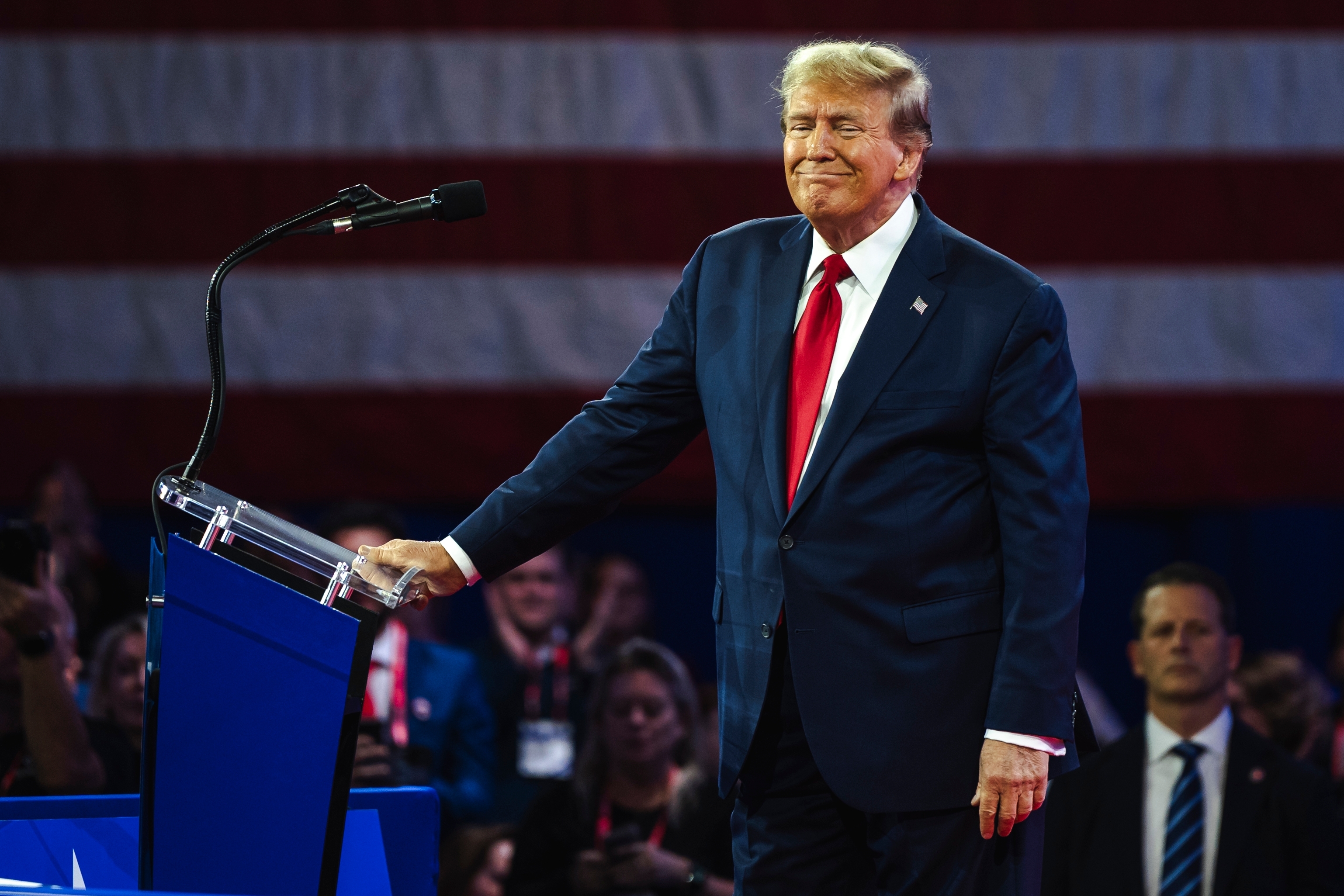There are mixed views about whether a second US presidency for Donald J Trump will lead to a rise or fall in inflation here or elsewhere in the world. Without a crystal ball, only time will tell how the 47th US presidency unfolds.
Trump’s campaign signalled tax cuts, deregulation and tariff hikes would be part of his next term as US president. In the immediate aftermath of his win, markets have seen higher US bond yields, a stronger US dollar and a sugar hit to equities.
CreditorWatch chief economist, Ivan Colhoun, says tariffs and company tax cuts are likely to be inflationary and near-term supportive for equity markets, although not if bond yields sell off too far.
“This will support a stronger US dollar, a weaker Australian dollar and mean longer-term borrowing rates are higher and central banks have less, but not no, room to ease,” says Colhoun.
AMP’s chief economist and head of investment strategy, Shane Oliver, says Australians have some reason to be concerned about a second Trump presidency from an economic point of view.
“Exports to the US are only four per cent of Australia’s total exports and may be spared Trump’s tariffs as Australia has a trade deficit with the US. As an open economy with high trade exposure to China, Australia is vulnerable to an intensification of global trade wars under Trump, particularly if this weighs on demand for Chinese exports,” he says.
Oliver cites OECD research that shows Australia could suffer a 1.2 per cent fall to GDP from a 10 per cent drop in global trade between major countries.
“Resources shares would be most at risk and the Australian dollar would likely fall and we have already seen a bit of that. Of course, similar fears existed during the last Trump trade war and it didn’t turn out so bad, although the Australian dollar fell 10 per cent in 2018 with US tariff hikes and Fed rate hikes,” says Oliver.
“There would still be demand for iron ore somewhere, it just may switch from China to elsewhere. Much will depend on how other countries respond and how hard Trump goes,” he adds.
There is the potential for the RBA to lift interest rates if Trump’s policies boost US inflation.
“This is a risk, but I suspect it would be offset by the growth dampening impact of an intensified global trade war,” says Oliver
He says if Trump cuts the US corporate tax rate to 15 per cent on domestic profits it could pressure Australia to cut the corporate tax rate.
“Trump’s reversal of US climate policies will again add to confusion and may increase pressure for Australia to slow its net zero commitment,” says Oliver.
GSFM investment specialist, Stephen Miller, does not think any US tariff increases would be inflationary in Australia.
“I struggle with the notion Trump’s tariffs will have any meaningful effect on Australian inflation and, by extension, the RBA policy rate. Trump’s policies are inflationary for the US. But they will have a barely perceptible impact on inflation in Australia. That is the case even if China and others retaliate,” he says.
Miller says disinflation is the more important impact of any new tariffs introduced by Trump.
“US tariffs on imports from China, Mexico or the European Union will neither change the price of goods we import from those nations, nor alter Australian import prices significantly. They will have an impact on US inflation,” he says.
The price of goods Australia imports from the US also wouldn’t change if China introduces retaliatory tariffs following new US tariffs.
“The exception might be where US tariffs apply to US imports from China and elsewhere that are inputs into the production process of US and other exports to Australia and vice versa. The only way in which there is a significant price impact in Australia will be if we shoot ourselves in the foot by engaging in retaliatory tariffs,” says Miller.
He says a lower Australian dollar could lead to modestly higher import prices.
“But I’m yet to be convinced the US dollar will appreciate significantly. It is hard to see any sustained appreciation of the US dollar in the event of a less independent US Federal Reserve combined with a yawning budget deficit that needs to be funded, leading to higher medium- to longer-term bond yields,” says Miller.
“The deficit funding requirements probably mean over time US bond yields need to rise just to stop the US dollar from depreciating. Added to that I’m not sure China will buy US Treasuries in a trade war scenario. China would diversify its foreign exchange reserves away from the US dollar and buy fewer US treasuries as a consequence,” he says.
Trump will officially become US president on 20 January 2025 so the world will have to wait until then to learn how his term will impact the global economy over the next four years.








